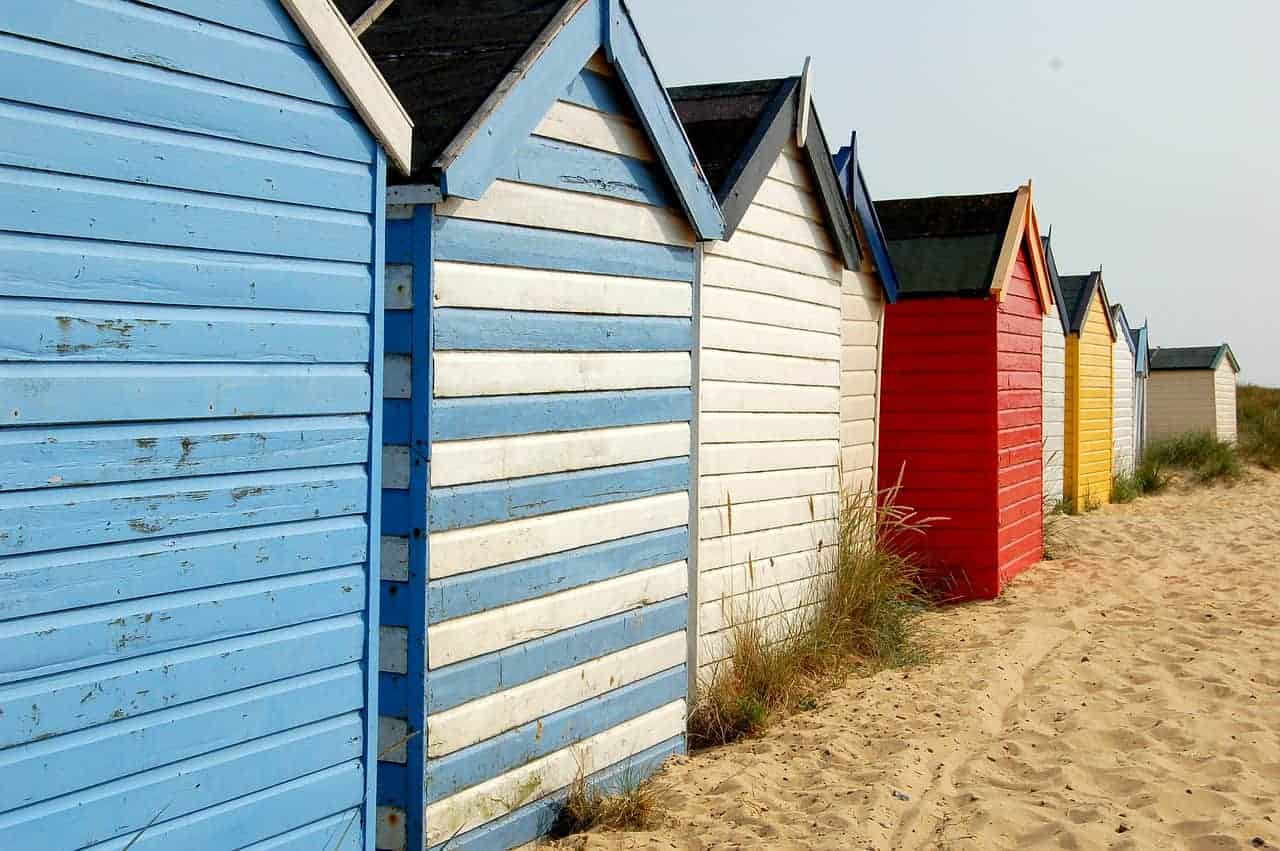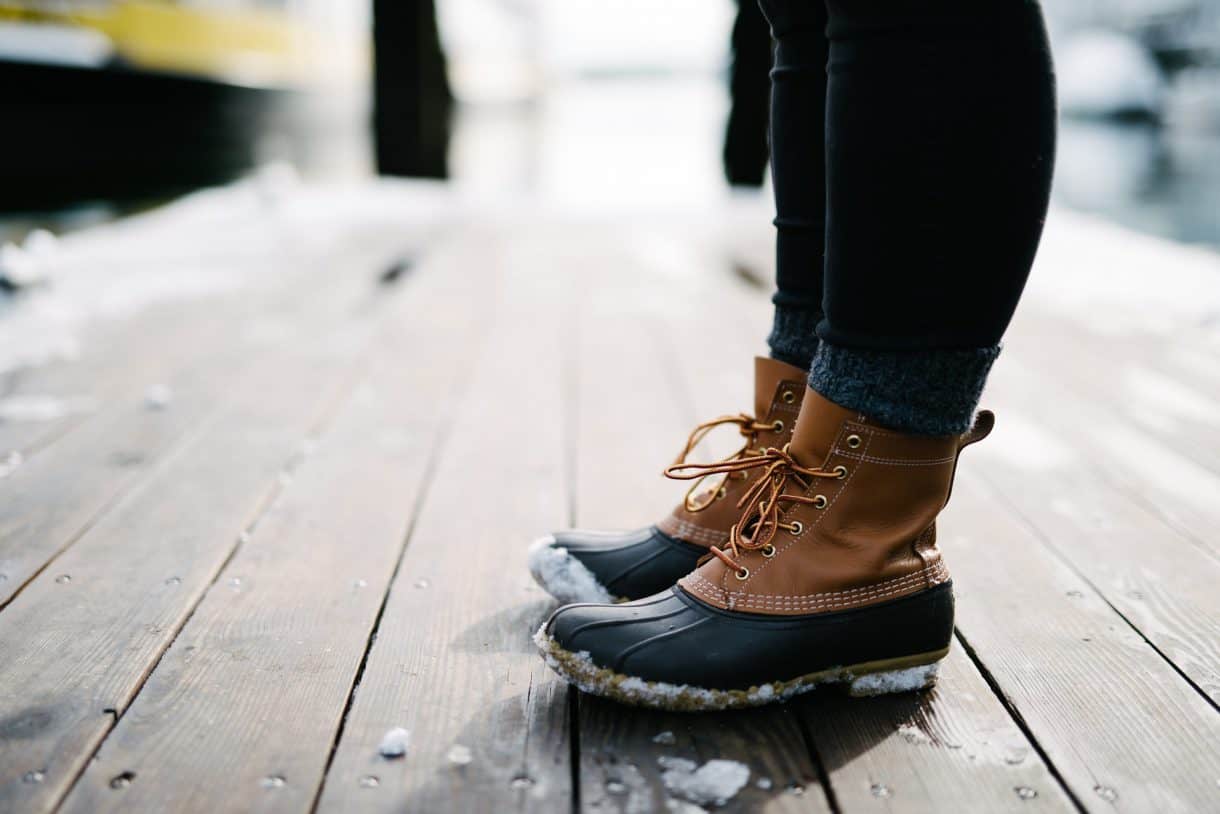Tag: Summer
THE WORLD HEALTH ORGANISATION (WHO), HAS REPORTED THAT POPULATION EXPOSURE TO HEAT IS INCREASING DUE TO CLIMATE CHANGE.
The WHO states, ‘global temperatures and the frequency and intensity of heatwaves will rise in the 21st century as a result of climate change’. Extended periods of heat exposure during the day and night time can increase the amount of physiological stress on the human body.’
The stress caused by heat exposure exacerbates the top causes of death globally. This includes respiratory and cardiovascular diseases, diabetes mellitus and renal disease.
They go on to state, ‘Exposure to excessive heat has wide-ranging physiological impacts for all humans, often amplifying existing conditions and resulting in premature death and disability.’
With the temperature said to continue rising, the WHO also states, ‘Awareness remains insufficient of the health risks posed by heatwaves and prolonged exposure to increased temperatures.’
So, who is most affected by heat exposure and how will it impact your health?
Who is affected?
Rising temperatures affect the whole population. However, some populations are more vulnerable to exposure to excessive heat. Those include:
- Elderly people
- Infants and children
- Pregnant women
- Outdoor and manual workers
- Athletes
- Poorer communities
How does heat impact health?
With rapid increases in external temperatures, the body will struggle to regulate our internal temperatures. The knock-on effect of this can result in a number of heat-related illnesses such as heat cramps, heat exhaustion, heatstroke, and hyperthermia. Reported small differences in the seasonal changes have been reported to have increased the number of heat-related illness and even death. Rising temperatures can also worsen chronic conditions such as cardiovascular, respiratory, and cerebrovascular disease and diabetes-related conditions.
What actions can you take to stay cool?
- Aim to keep your living space cool. WHO suggests ‘below 32 °C during the day and 24 °C during the night’
- If it is safe, open your windows at night time to cool your living space.
- Stay out of the heat by staying in the shade and avoiding going outside during the hottest part of the day.
- Take cool showers and wear loose-fitting clothing.
- Drink regularly and avoid alcohol and caffeine.
- Check on vulnerable family members who may be affected by the heat.
What to do if someone shows signs of a heat emergency?
It is extremely important to know what to do when someone is showing signs of heat illness. Everyone should know how to respond to heat emergencies, this can be learnt in first aid courses.
If one of your family members or someone you assist is showing signs of hot dry skin and delirium, convulsions and/or unconsciousness, call a doctor/ambulance immediately.
Whilst you are waiting for help to arrive place them in a cool place in a horizontal position and elevate their legs. It is now important to initiate external cooling.
This can be done by:
- Removing clothing
- Placing cold packs on the neck and groin
- Spraying cool water on their skin
- Fanning them
- If they are unconscious, place them on their side
If you or someone you are with is displaying mild signs of heat illness that is not considered an emergency, you might want to consider a same-day GP appointment. You can book an appointment online.
With summer just around the corner, many are busy shopping for essentials. Sun cream, swimwear and toiletries are more likely on the list rather than travel vaccines. Many forget to check if they are up-to-date on the recommended travel vaccines. To make sure you get full enjoyment out of your holidays it’s important to stay safe during and after your break.
Below we have highlighted some health concerns you need to know if you are travelling this Summer:
Measles:
Throughout this year we have seen an increased rise in measles cases all over the world. The disease can be easily prevented with two doses of the safe and efficient MMR vaccine. A review of your childhood vaccine records will indicate if you have had the MMR course or if in need of a booster or the full course. Those struggling to confirm their immunity can have a simple immunity blood test which will either confirm if they are immune or not.
Hepatitis:
When visiting areas with poor sanitation, which can affect the water and food consumed, travellers, should consider the Hepatitis A vaccination. A safe and effective vaccination which prevents the viral infection and stop travellers falling ill whilst away. In addition to the vaccination, travellers also should take caution and ensure all food is cooked thoroughly and served hot, stick to bottled water which is sealed and avoid ice (usually tap water).
Hepatitis B is a viral infection spread by contaminated blood and bodily fluids. Examples in which travellers can be at risk are contaminated medical equipment which may be used in an emergency for example needles and syringes. Hepatitis B can also be prevented with a vaccine course before travelling.
Malaria:
Every year there are more than 200 million new cases of malaria, another preventable and treatable disease. The World Health Organizations lists 91 countries and territories at risk of malaria transmission. Preventative medication can be taken to reduce the risk of catching Malaria as there is currently no vaccination.
Infectious diarrhoea:
In about 20% of travellers with diarrhoea, more than one bug turns out to be responsible for the illness. Bugs can be caught from drinking tap water and eating uncooked food or salads washed in tap water. It can put a dampener on holiday plans and make you feel under the weather. Antibiotics can be prescribed prior to travel, in case of a severe infection. Our gastro kit is designed to help travellers who may need medication to help cases of infectious diarrhoea whilst travelling.
“There may be avoidable risks to your health depending on your overall health, destination and planned travel activities. We can assess the risks and provide you with the best travel health advice to ensure you have an enjoyable trip and return healthy.”
If you wish to discuss how to stay safe on holiday or would like more advice on what vaccinations you may need, our travel nurses can help. Book a travel consultation to discuss your needs.
Simple Steps to Summer-Ready Feet
It’s officially the start of summer! Good news for feet – it’s time to swap shoes for lighter footwear and sandals. But before you reveal your toes, give your feet some attention so look and feel their best.
Let’s start with your toenails
- Keep your nails short and well-shaped – use a good-quality file to smooth the edge after cutting them
- Use a little oil (almond oil works wonders!) on dry nails – rub into the surface and the cuticles to improve their texture
- Don’t cut cuticles though, this can lead to infection
- Did you know that nail polish can cause your nails to dry out? From time-to-time, leave off the colour and use oil to recondition them
- If you’ve had an injury or infection, then nail can sometimes thicken or become misshapen, making them difficult or painful to cut. These are best dealt with professionally and Podiatrists have the expertise help you.
Time to think about your skin
Healthy skin should be smooth and supple. Rough, thickened or callous skin, often occurs on areas of the feet which have to work particularly hard and this can be unsightly and uncomfortable. Additionally, your skin can become very dry which causes it to harden and crack, especially around the heels. In the summer, when open shoes or sandals are worn, dryness can become even worse.
Painful callouses can be pared away by a podiatrist who can advise you on how best to care for your skin. There are excellent creams and lotions available to improve your skin’s texture and comfort which, when used regularly, can make a lasting difference.
Some people suffer from skin that sweats excessively, a problem that tends to be made worse in warm weather or after activity and sports. This makes your skin more prone to chafing, blisters and fungal infections (athlete’s foot) and verrucas (plantar warts). Using a good antiperspirant can help with this (eg Dri-clor), as can dusting powders and a better choice of sports socks.
Having lots of small, itchy blisters on your skin, splits between your toes or flaky patches usually means a fungal infection, while verrucas are caused by a viral infection and both need specialist products to treat them. Podiatrists are experts in advising on and treating skin infections.
You can help protect yourself against infections by wearing flip-flops when walking in areas used by many people, by drying your feet thoroughly and by airing sports footwear well after use (fungi love soggy trainers!)
Finally, don’t forget your feet can get sunburned. If you are walking in sandals on a sunny day, remember to apply suncream regularly to the top of your feet.
Don’t forget the right footwear
As with all types of footwear, summer shoes and sandals need to be well-fitting and appropriate for the activities you are doing. Feet get bigger throughout the day, especially in hot weather, so sandals need to be adjustable to allow for this.
Pavement pounding
Flip-flops are beach shoes and are not suitable for day-long wearing on pavements. Your muscles have to work hard to keep these on your feet, so they will be tired and sore by the end of the day. Instead, choose sandals with a thicker, shaped sole, sometimes known as Fit-flops, which are held in place by a strap and give much greater support and cushioning to your foot. This is especially important if you are planning a day’s walking and sight-seeing.
Trekking footwear
Serious trekking requires a well-designed walking shoe – don’t skimp on cheap shoes or socks! You can find these in specialist retailers for outdoor activities.
Now get out there and enjoy the longer days…
Walking is an excellent activity to improve your fitness. It gives benefits to all your bodily systems, strengthens muscles and bones, improves mood and concentration and can help you to lose weight too. Aim to walk at least thirty minutes a day and keep up a brisk pace. If you are visiting the coast, walking barefoot on a sandy beach gives your foot muscles a good workout and helps to keep your feet strong and supple.
Fleet Street Podiatry Clinic
For further advice and information on treatment and how to look after your feet, see our podiatry page. Or you can book an appointment online.





